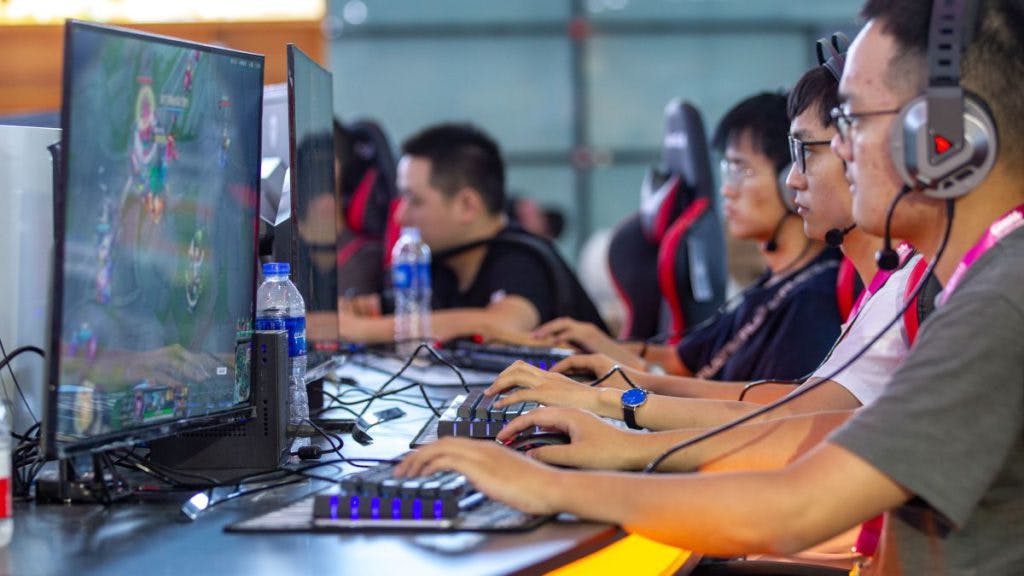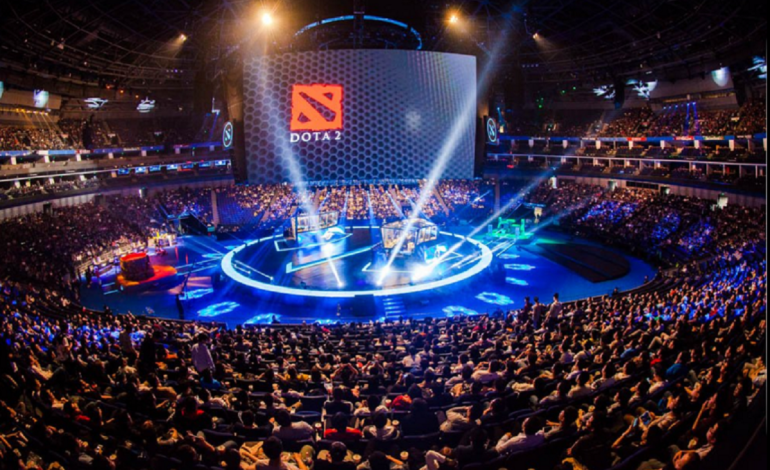The country has had a bewildering relationship with video games and esports. New regulations are hard to come by and big companies are shifting out.
Over 14,000 small game studios and game-related firms have gone out of business because of a lack of approval by the game regulator in China.
On August 30, the regulators announced rules to limit playtime for minors in a bid to ‘curb growing addiction’. The harsh rules limited the time users under 18 years of age can spend playing video games to just three hours over the weekend. one of the biggest gaming markets in the world, China’s regulations were a massive blow to the gaming industry.
The National Press and Publication Administration (NPPA) has not approved any new game titles since July 2021. Many companies were hoping for a resumption of game licenses by the end-of-year 2021, but so far new no licenses have been issued, reports SCMP.
Chinese Companies trying to survive under regulatory hurdles

Over 14,000 small gaming studios and other gaming-related businesses have deregistered since July according to the state-run newspaper, Securities Daily. The newspaper cited business registry tracking firm Tianyancha for this data.
While smaller companies have failed to survive the harsher regulations, many big companies such as ByteDance (TikTok’s parent company) and Baidu have laid off a number of employees. Meanwhile, gaming giants NetEase and Tencent are moving parts of their business overseas to circumvent the regulations.
NetEase owns more than 100 PC and mobile games. Tencent has a significant stake in the gaming industry. It owns a 100% stake in Riot Games and a significant stake in Epic Games. It also has investments in Activision Blizzard, Ubisoft, Bluehole (of PUBG fame) as well as gaming-focussed group chatting platform Discord. Tencent plans to open a new game studio in Singapore under the TiMi Studio group, which has produced two of the biggest mobile hits: Honour of Kings and Call of Duty: Mobile.
The NPAA usually approves 80-100 game licenses in a month. The lack of approvals since July has brought the video game industry to a grinding halt. The regulator has not provided any information as to when new approvals will go through.
Related articles
Why is China cracking down on video games?

In March 2021, Chinese President Xi Jinping raised the issue of video game addiction at the two sessions political gathering in Beijing. He linked video game addiction with rising psychological issues amongst teenagers. The issue found support from legislators who proposed facial recognition and a rating system for new video games to curb addiction. The newly amended Law on the Protection of Minors (effective June 2021) brought several new measures to curb video game addiction in the country.
This was not the first time China has sought a stricter environment for video games. Earlier in 2019, the government required players to register with a game using real names and ID. The government imposed limits on the amount of time and money people below 18 can spend on video games.
Stricter regulations, however, don’t always mean people follow the rules. A majority of the gaming population goes around these rules using game boosters, which function similarly to VPNs.
China has had a complicated history with video games and esports. On one hand, the country has doled out sops for esports tournaments in the country, but there have been conflicting regulations including a 15-year ban on consoles in 2000. The more recent regulations and lack of approvals are hurting the gaming business in China and there’s no end in sight just yet.
Stay tuned to esports.gg for the latest gaming news and updates.